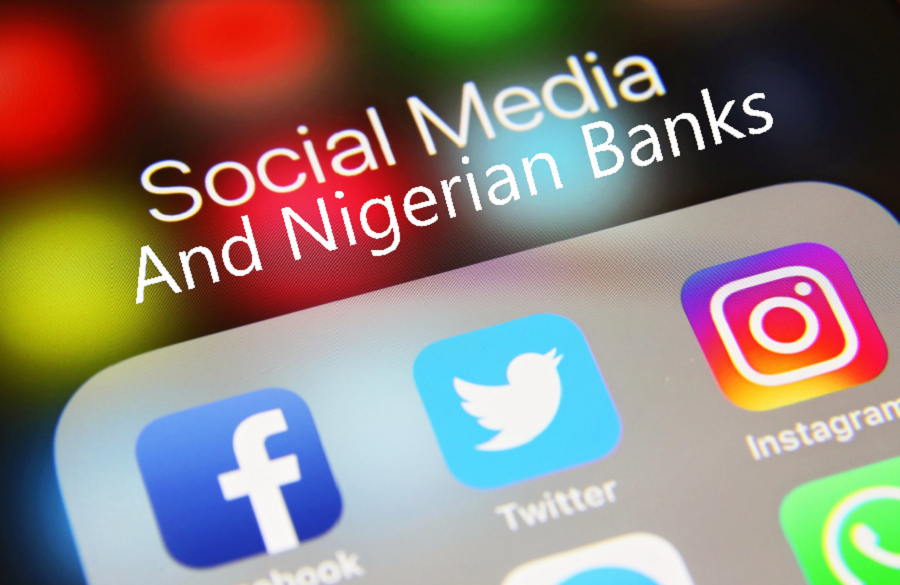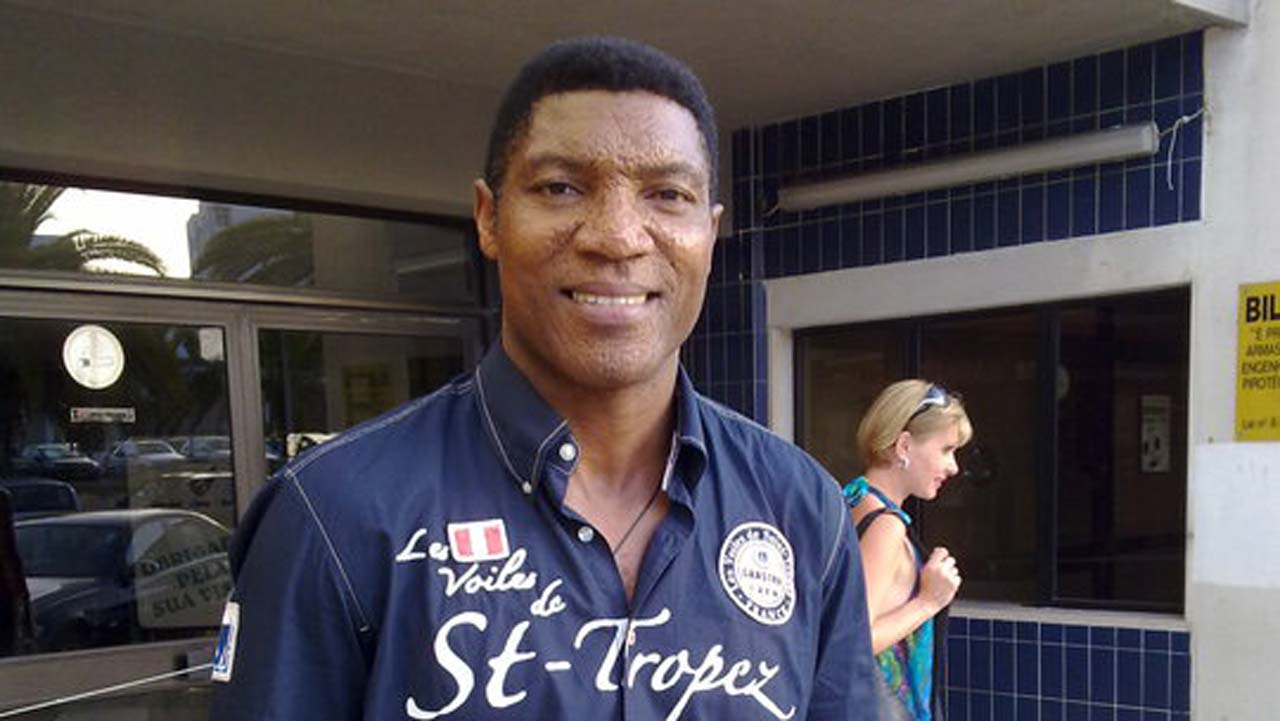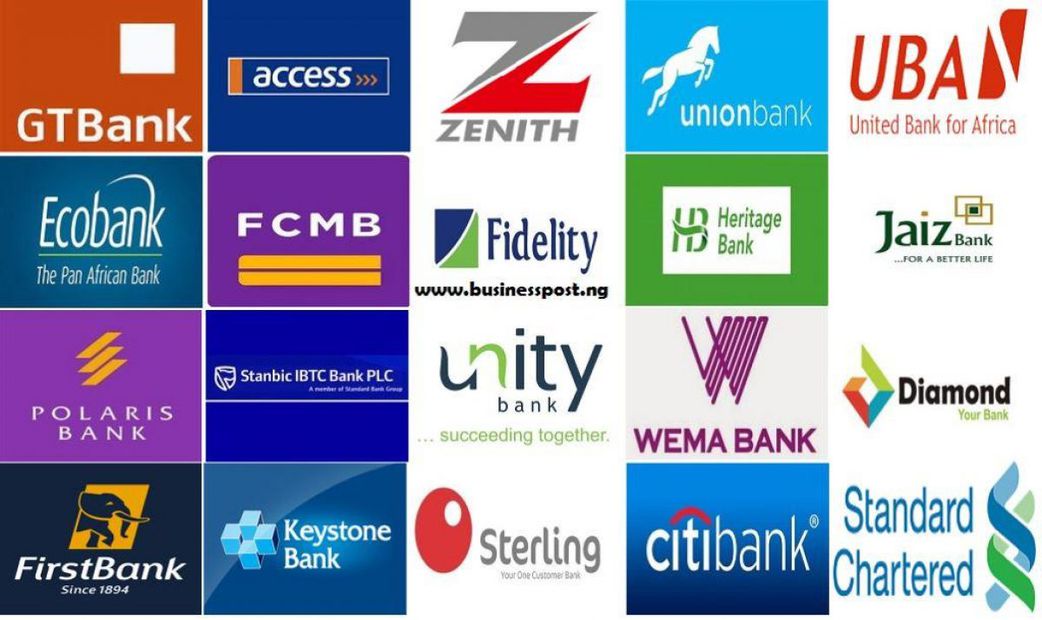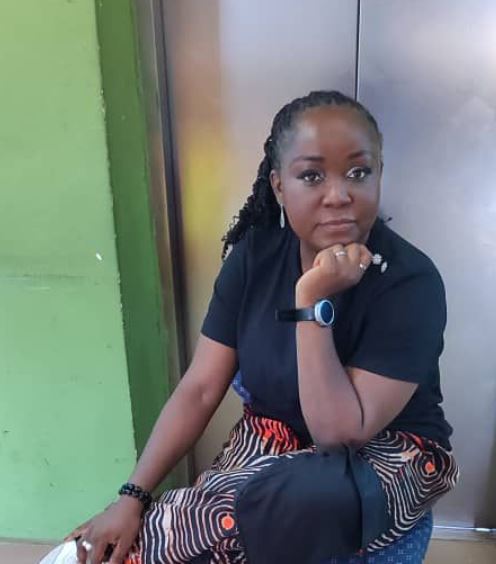The Central Bank of Nigeria’s Mandate on Social Media Handles: Addressing Concerns and Constitutional Rights
Recently, the Central Bank of Nigeria (CBN) issued a circular to financial institutions in the country, directing them to collect and verify customers’ social media handles as part of their customer due diligence obligations under the Money Laundering (Prevention and Prohibition) Act and the CBN’s Customer Due Diligence Regulations of 2023.
This development has raised questions and concerns among many individuals who question the necessity of such information. After all, banks already possess crucial customer data such as BVNs, NINs, contact details, identification particulars, residential addresses, and utility bills. Shouldn’t this be sufficient?
Personally, I believe that the CBN should reconsider its circular as it infringes upon our constitutional right to freely express ourselves through any chosen platform without fear of persecution or political witch hunts. To the best of my knowledge, the circular and the legislation empowering the CBN to issue it are ultra vires and in conflict with the Constitution of the Federal Republic of Nigeria (as amended).
It is worth noting that the CBN has previously demonstrated a tendency to issue Post-no-Debit (PND) orders on bank accounts of individuals perceived as opposing the federal government. This was evident during the aftermath of the EndSARs protest in 2020 when the bank accounts of 20 young Nigerians, including members of the Feminist Coalition who provided logistics support to the protesters, were frozen at the CBN’s behest.
Subsequently, it came to light that the CBN selectively targeted individuals for harassment, as certain young protesters who happened to be the children or wards of influential Nigerians, including a major shareholder of a commercial bank, were exempted from punitive actions. Three weeks after imposing the PND order on the 20 account holders, the CBN obtained an ex parte order from a Federal High Court to freeze the mentioned accounts for 90 days on baseless allegations of suspected terrorism financing.
Even when the protesters challenged the order, the presiding judge, Justice Ahmed Mohammed, repeatedly adjourned the case until after the expiration of the 90-day freeze period. Eventually, the court unfroze the bank accounts, which the CBN referred to as an act of “reconciliation.” However, no compensatory damages were awarded to the affected individuals for the wrongful actions of the CBN and financial institutions involved.
In any case, I am eager to see if any financial institution will make the disclosure of social media handles mandatory for opening or maintaining bank accounts. It is important to note that many bank customers do not possess email addresses, and yet banks do not require customers to disclose their email details prior to account opening. The same leniency should be extended to social media handles, including those with usernames different from the account names.
It is crucial that we strike a balance between protecting individuals’ rights to privacy and freedom of expression while ensuring effective measures to combat money laundering and other illicit activities. The CBN should engage in a comprehensive and transparent dialogue with stakeholders to address concerns and revise any regulations that may infringe upon constitutional rights.





















